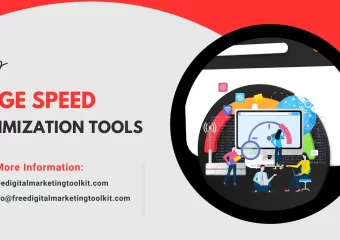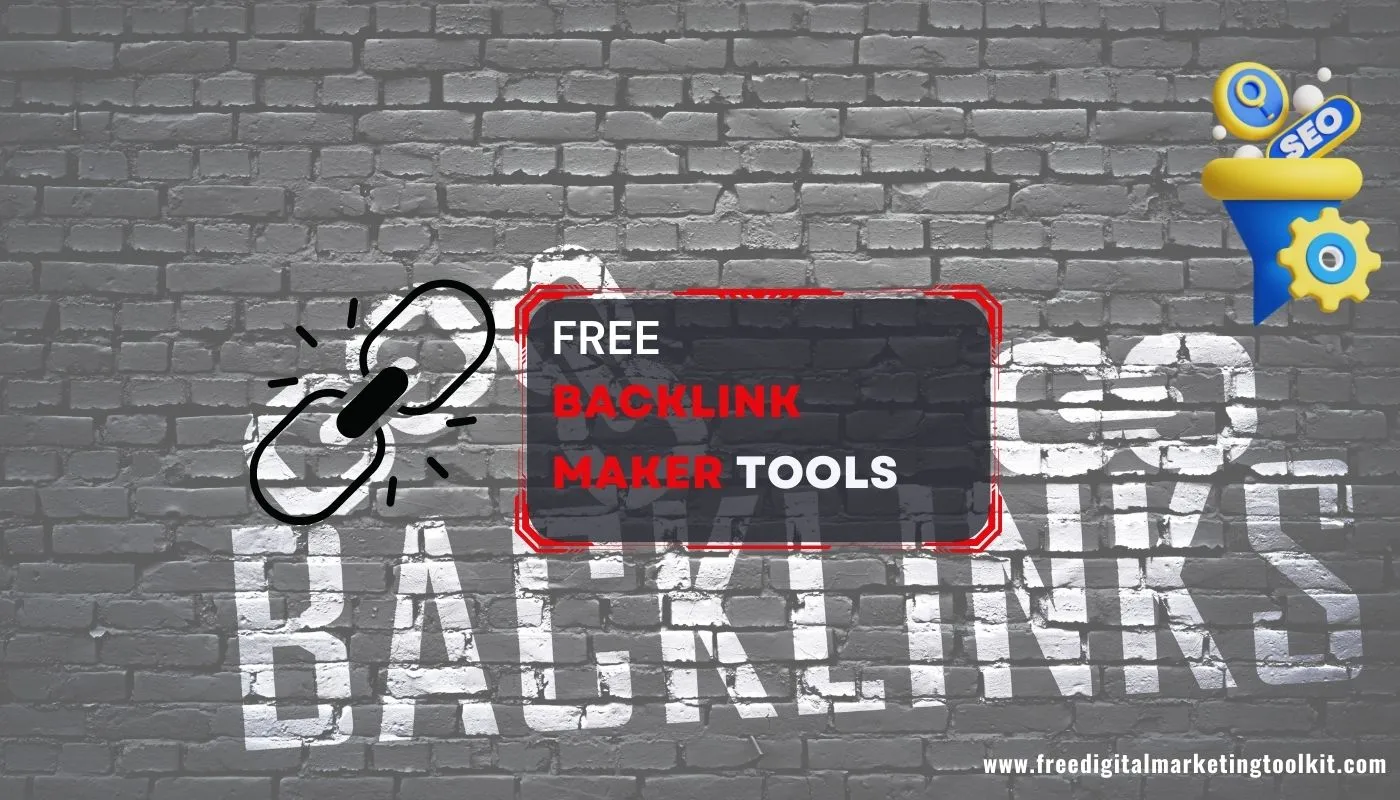
A website loads can significantly impact user experience, search engine rankings, and overall online success. Slow-loading websites frustrate visitors and can lead to higher bounce rates and diminished conversions. This is where page speed optimization tools come into play, offering a range of solutions to help webmasters improve their website’s performance. In this article, we’ll explore the importance of page speed, delve into the various optimization tools available, and provide insights on how to enhance your website’s loading time.
What is Page Speed?
Page speed refers to the time it takes for a web page to fully load in a browser. It encompasses various factors, including the server’s response time, the size of images and resources, and the efficiency of code. A fast-loading website not only enhances user satisfaction but also contributes to better search engine rankings.
Impact of Slow Page Speed
Slow-loading websites can lead to a range of negative consequences, including increased bounce rates, reduced user engagement, and decreased conversions. Search engines like Google also consider page speed as a ranking factor, meaning that slow websites might find it challenging to appear prominently in search results.
The Role of Page Speed Optimization Tools
Page speed optimization tools play a crucial role in identifying performance bottlenecks and suggesting improvements. These tools analyze various aspects of a website’s loading time and offer actionable insights to enhance speed and overall performance.
Top Page Speed Optimization Tools to Consider
GTmetrix
GTmetrix provides a comprehensive analysis of your website’s performance, including page speed scores, load times, and recommendations for improvement.
Google PageSpeed Insights
This tool by Google evaluates your website’s performance on both mobile and desktop devices, offering suggestions based on industry best practices.
Pingdom
Pingdom offers real-time monitoring and alerts, helping you identify and resolve performance issues as they arise.
WebPageTest
WebPageTest allows you to test your website’s speed from multiple locations, providing valuable insights into loading times and potential optimizations.
WP Rocket
As a WordPress plugin, WP Rocket offers caching and optimization features, simplifying the process of improving page speed for WordPress websites.
Choosing the Right Tool for Your Website
Selecting the most suitable page speed optimization tool depends on factors such as your website’s platform, your technical expertise, and the specific performance issues you’re encountering.
Best Practices for Page Speed Optimization
Implementing the following practices can significantly improve your website’s loading time:
Image Compression and Optimization
Optimize images by resizing and compressing them without compromising quality.
Minification of CSS and JavaScript
Minimize the size of CSS and JavaScript files by removing unnecessary spaces and characters.
Browser Caching
Enable browser caching to store static resources, reducing the need for repeated downloads.
Content Delivery Networks (CDNs)
CDNs distribute your website’s content across multiple servers, reducing the physical distance between users and your website’s resources.
Mobile-Friendly Design
Ensure your website is responsive and optimized for mobile devices to provide a seamless experience across different screen sizes.
Measuring the Impact of Optimization
Regularly monitor your website’s loading time using optimization tools and track improvements in user experience and search engine rankings.
Continuous Monitoring and Maintenance
Page speed optimization is an ongoing process. Regularly review your website’s performance and make necessary adjustments as your content and technology evolve.
The Future of Page Speed and User Experience
As technology advances and user expectations grow, the importance of page speed optimization will continue to rise. Websites that prioritize speed will likely enjoy better engagement and conversions.
Conclusion
Page speed optimization tools offer valuable insights and solutions to enhance your website’s performance. By implementing best practices and using the right SEO tools, you can create a seamless and enjoyable user experience, improve search engine rankings, and drive greater online success.
FAQs
Q. What is the ideal page loading time for a website?
A. The ideal page loading time is around 2 to 3 seconds. However, aiming for even faster loading times can further enhance user experience.
Q. Are these tools suitable for all types of websites?
A. Yes, these tools can be used for various types of websites, including blogs, e-commerce sites, and corporate websites.
Q. Can slow-loading websites affect mobile rankings?
A. Yes, slow-loading websites can lead to lower mobile search rankings, as mobile user experience is a crucial ranking factor.
Q. Do page speed optimization tools require technical expertise?
A. While some tools are user-friendly, a basic understanding of website performance and optimization can be beneficial.







